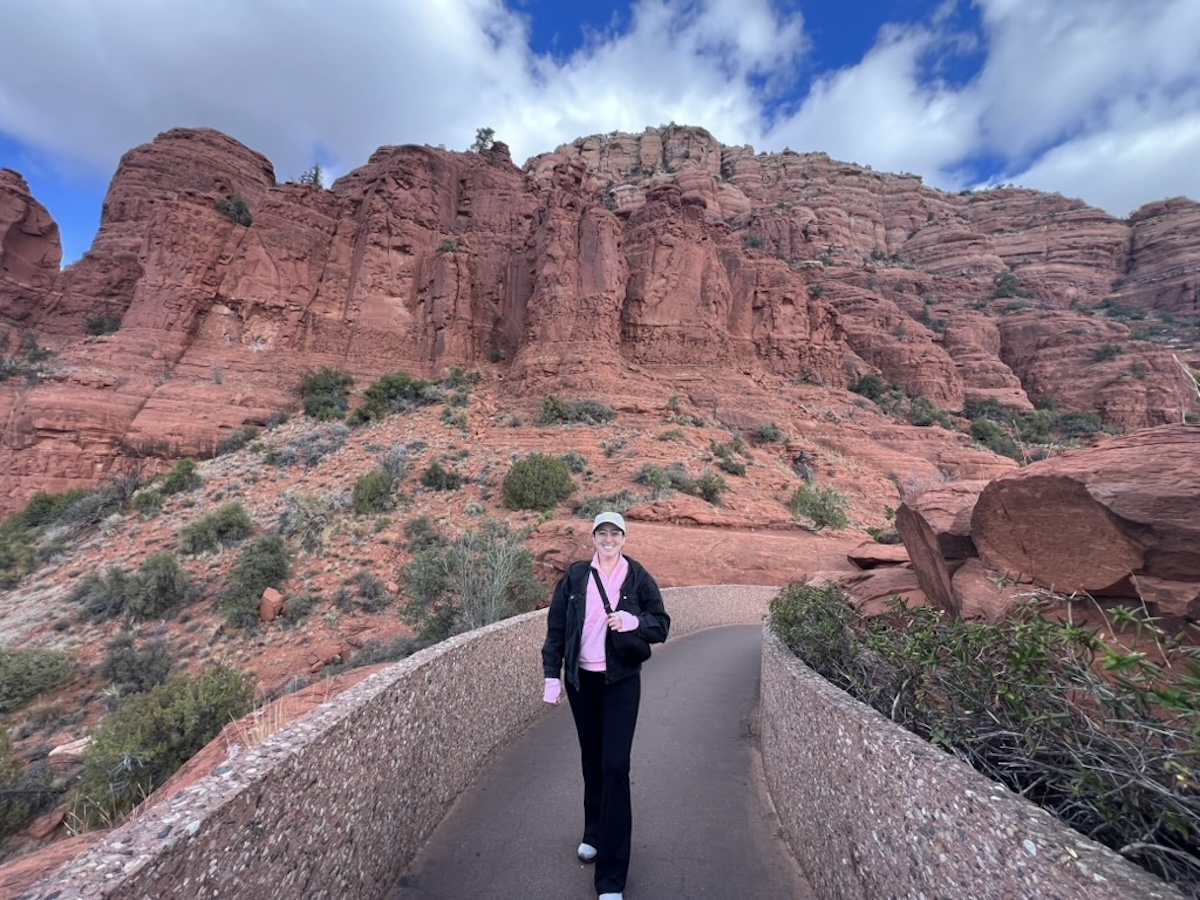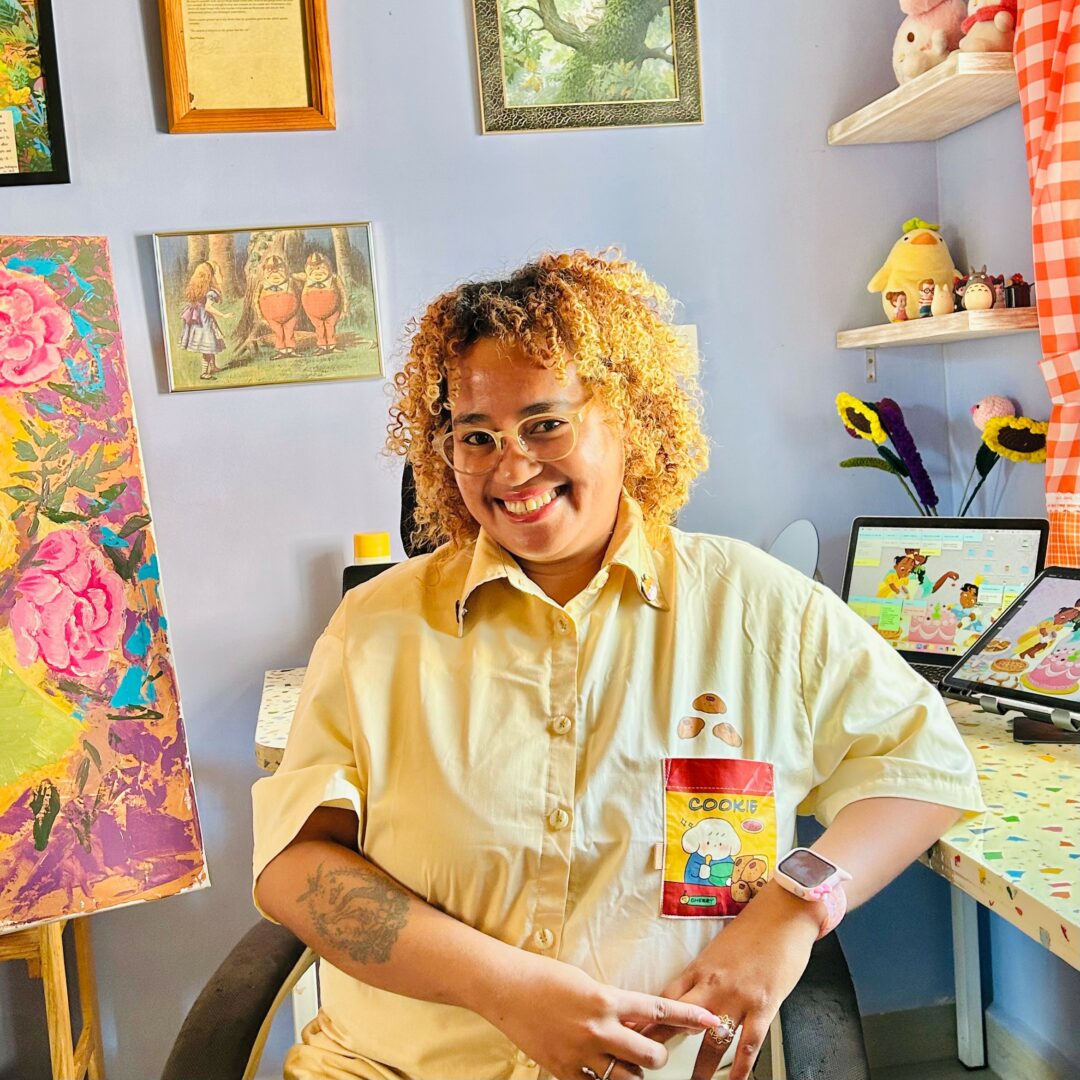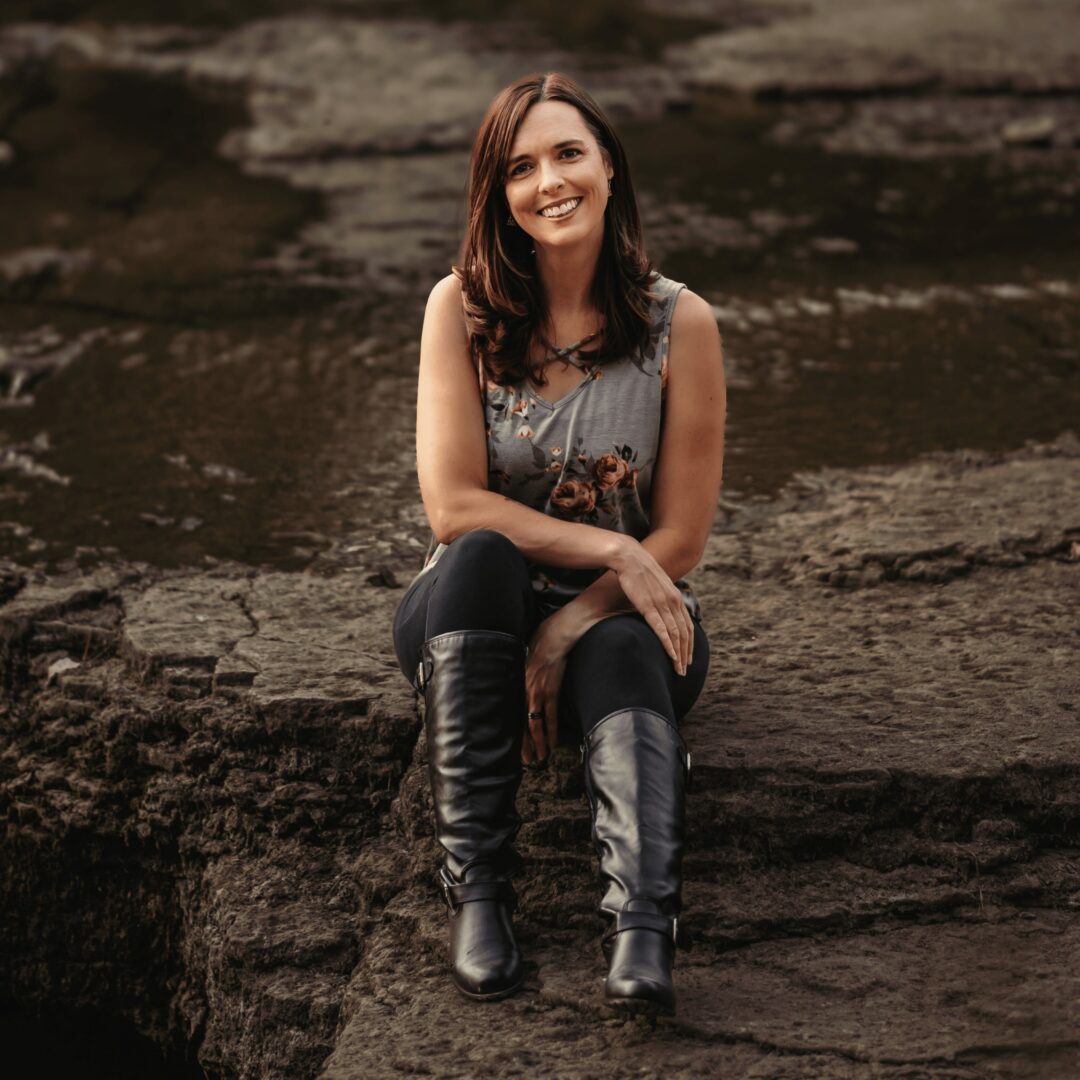We recently connected with Mike Mitra and have shared our conversation below.
Hi Mike, thank you so much for opening up with us about some important, but sometimes personal topics. One that really matters to us is overcoming Imposter Syndrome because we’ve seen how so many people are held back in life because of this and so we’d really appreciate hearing about how you overcame Imposter Syndrome.
The older I get, the more I think imposter syndrome is just a part of living, so it’s a matter of how you manage it and potentially use it to your advantage. I’m in video production now, but I never studied film or had a formal education in film. Day to day, if I overthink that fact, it can really suffocate my own creativity and hamper my output. So I have to figure out a way to use it.
Whenever I have feelings of being an outsider or feelings of imposter syndrome, I remind myself that no one has walked quite the path that I’ve walked—that is a good thing. I think about the book “Range” by David Epstein. Epstein suggests that the more generalized you are in everything, the more you bring to the table in any specialized thing. Most of the examples are in sports, but he makes the argument that it applies to anything and everything. So although I didn’t formally study in the field I work in, I should think of it as an advantage or the special sauce that I bring. I get to add the skills, knowledge, and insight that I’ve gathered from other fields and use them in what I’m doing today. So although I do feel imposter syndrome and have reason to every day, I try to remind myself that I can add value to what I’m doing simply because I have exposure to other things that maybe others in my field haven’t been exposed to because of their specialization.
Great, so let’s take a few minutes and cover your story. What should folks know about you and what you do?
I studied journalism and gained a love of photojournalism in college. From there, I worked as an assistant photographer and graphic designer. I rose through the ranks as an advertising creative and worked my way up to associate creative director at an ad agency in Austin. While there, I was asked to shoot photos for a myriad of projects and clients. Over the years, I was asked to shoot more and more video work and I naturally got curious in the field of video production. Blending graphic design, photography, and video production is what I do now as creative director at Row One Productions. I serve as a cinematographer/camera operator as well as a photographer and creative specialist – a mix that is unique in the field I’m in now. When working with clients, I’m able to talk with a creative strategy lens as well as run a camera and develop cinematography decisions for them.
Our business at Row One falls into three main buckets: branded content, series content, and nonprofit work. Our branded content ranges from developing commercial, corporate, and social media videos for a range of companies large and small. For our series content, we’ve worked with companies on their corporate video series, whether it’s a suite of educational videos for the speech impaired, shooting a YouTube series that was a Webby-Honoree, or developing an animated video template for a company to plug in client content at the turn of a dime.
Our nonprofit work is probably what I’m most proud of at Row One. We work closely with nonprofits to develop and shoot videos aimed at raising more money for their causes. Last year, one of our short films was directly connected to the nonprofit raising more than $1 Million in one fundraising night. For this nonprofit, this means so much to be able to find the resources and support they need to advance their cause and help potentially thousands of people in our community. That sparks huge pride in what I do and what Row One tries to achieve with the work we pursue.
If you had to pick three qualities that are most important to develop, which three would you say matter most?
One of the most important skills I’ve tried to cultivate and develop is curiosity. I’m always trying to learn as much as I can about something. I’ve found that the more prepared I am, the more confident I am. Look, things go wrong all the time. There are problems that need solving and clients are looking to have a problem solved—the more open you are to looking at a problem from all directions, the more you’re willing to learn something you didn’t know, the more you’re able to broaden your range and use things from your seemingly disparate life experiences, the better the outcome.
The next thing is to be confident that you’re contributing something unique and valuable to what you’re doing. Too often we let self-doubt dictate how we execute our jobs, careers, or creative expression, and the more that happens, the more stifled your work becomes. No one has quite your eye. No one has your particular life experience. No one can quite look at a problem the way you can, so go in knowing and believing in that.
Thanks so much for sharing all these insights with us today. Before we go, is there a book that’s played in important role in your development?
I mentioned earlier, Range: Why Generalists Triumph in a Specialized World by David Epstein is essential reading for me. It gave me a reason to believe that my perceived shortcomings can actually be strengths if I used them to my advantage. It helped me frame my own imposter syndrome in a different light and helped me gain confidence in what I am doing. I am my own worst critic, and regrettably, I criticize myself far too often. But knowing that I have a unique perspective and offer something that no one else can quite match is something that I realized after reading that book.
Contact Info:
- Website: www.rowoneproductions.com
- Instagram: @mikemitra






Image Credits
Liz Matijasic, Scott Rowan, Rowan Wesolick




